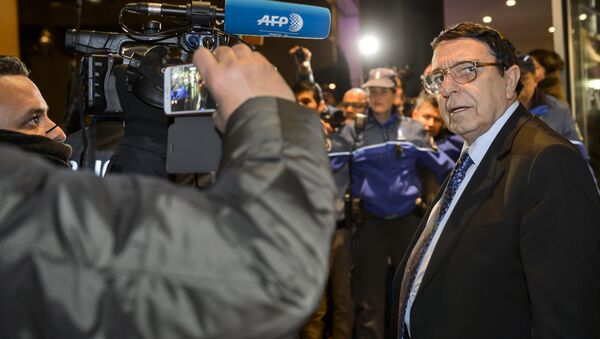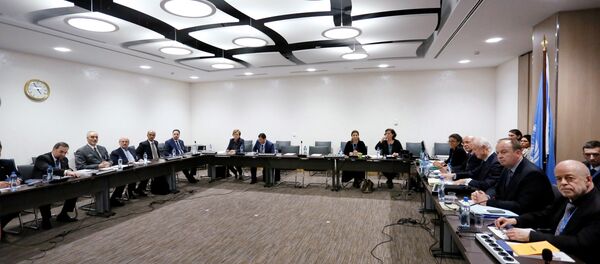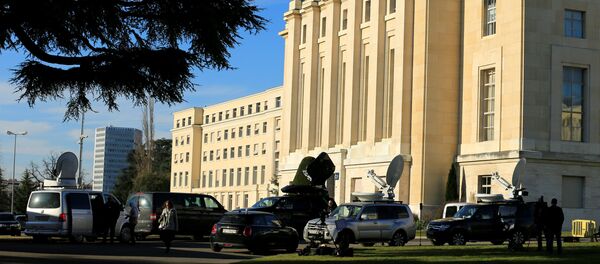The Syrian opposition is represented by several separate delegations, including the HNC, the Moscow platform, and the Cairo platform.
Commenting on why they have not been unified, Barabandi explained, “I think it’s more about the mechanism.”
“The opposition HNC is the largest. They have so many military groups, they are a heavyweight on the ground,” he said. “They represent more the people on the ground. The people who are living in DC or Moscow and Cairo have no influence on the ground, nobody knows them except through the media and they have their own way of thinking which doesn’t reflect on the people on the ground.”
“In order to have a ceasefire you need two credible groups to sit to say today we have a ceasefire. The people in Moscow, the people in Cairo, they don’t have that influence on the ground and they see things completely different,” the political advisor added.
Barabandi said he believes, however, that the three groups have to establish a single delegation.
“We welcome them every time, that you should join, you should come. We don’t have our own agenda which is different from your agenda but you should work with what we have,” he said. “You should work with the people on the ground. You cannot sit in Moscow or in DC or Istanbul and say I need this. We need people on the ground. We have legitimacy, we have to listen to the people needs, people demands and that’s where we can have real political representation.”
HNC head Nasr Hariri said Saturday that his delegation at the Geneva talks is open to forming a single delegation with the other platforms.
On Friday, Cairo and HNC failed to come to an agreement on merging.
The fourth round of UN-backed intra-Syrian talks between the government and opposition factions began on Thursday. The discussions are expected to center around governance, constitutional issues and elections in Syria.



